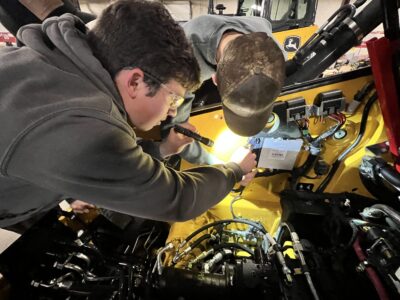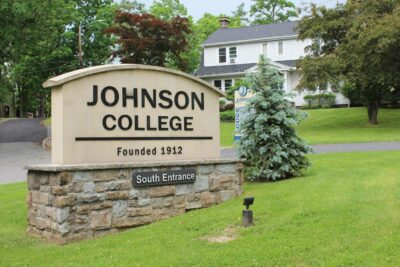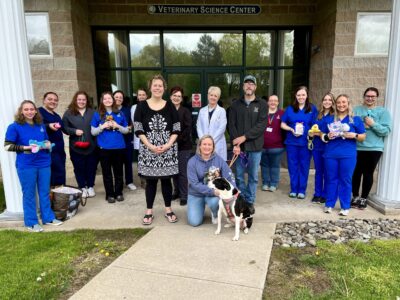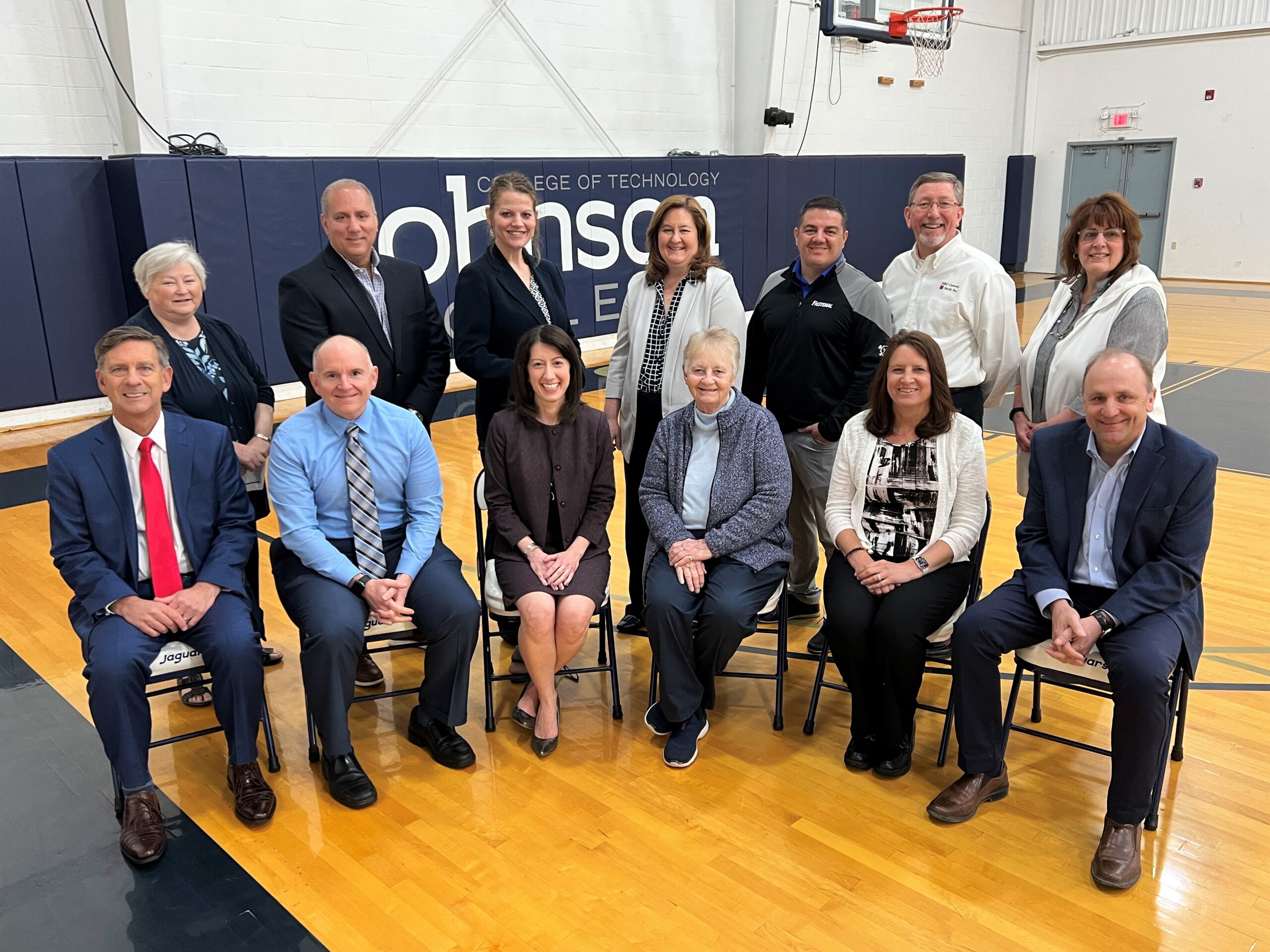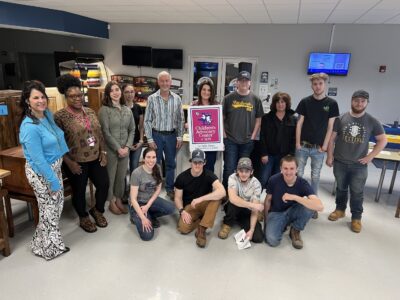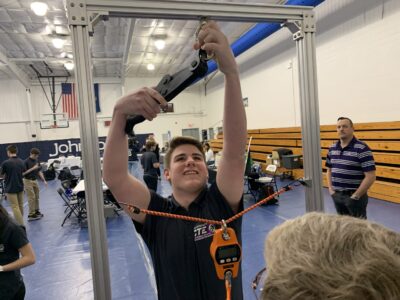Johnson College is holding a Transfer Day on Wednesday, May 24, 2023, from 12 to 3 p.m. on its campus in Scranton, PA. The College is encouraging current college students that are interested in changing the direction of their education and, ultimately, their career path to visit its campus.
Students will meet with Enrollment, Financial Aid, Career Services, and Counseling and Disability Services representatives. In addition, staff members from the Registrar’s Office will be on-hand for transfer credit analyses and review potential schedules for the upcoming semester. Students will learn why Johnson College is the leader in hands-on education, how it exposes students to industry from day one, and how its two-year degree programs, focusing on careers in in-demand industries, have the highest return on investment in the short term.
To attend Transfer Day at Johnson College, students must register online at https://johnson.edu/transfer/ or contact the College’s enrollment team at enroll@johnson.edu or (570) 702-8856.

